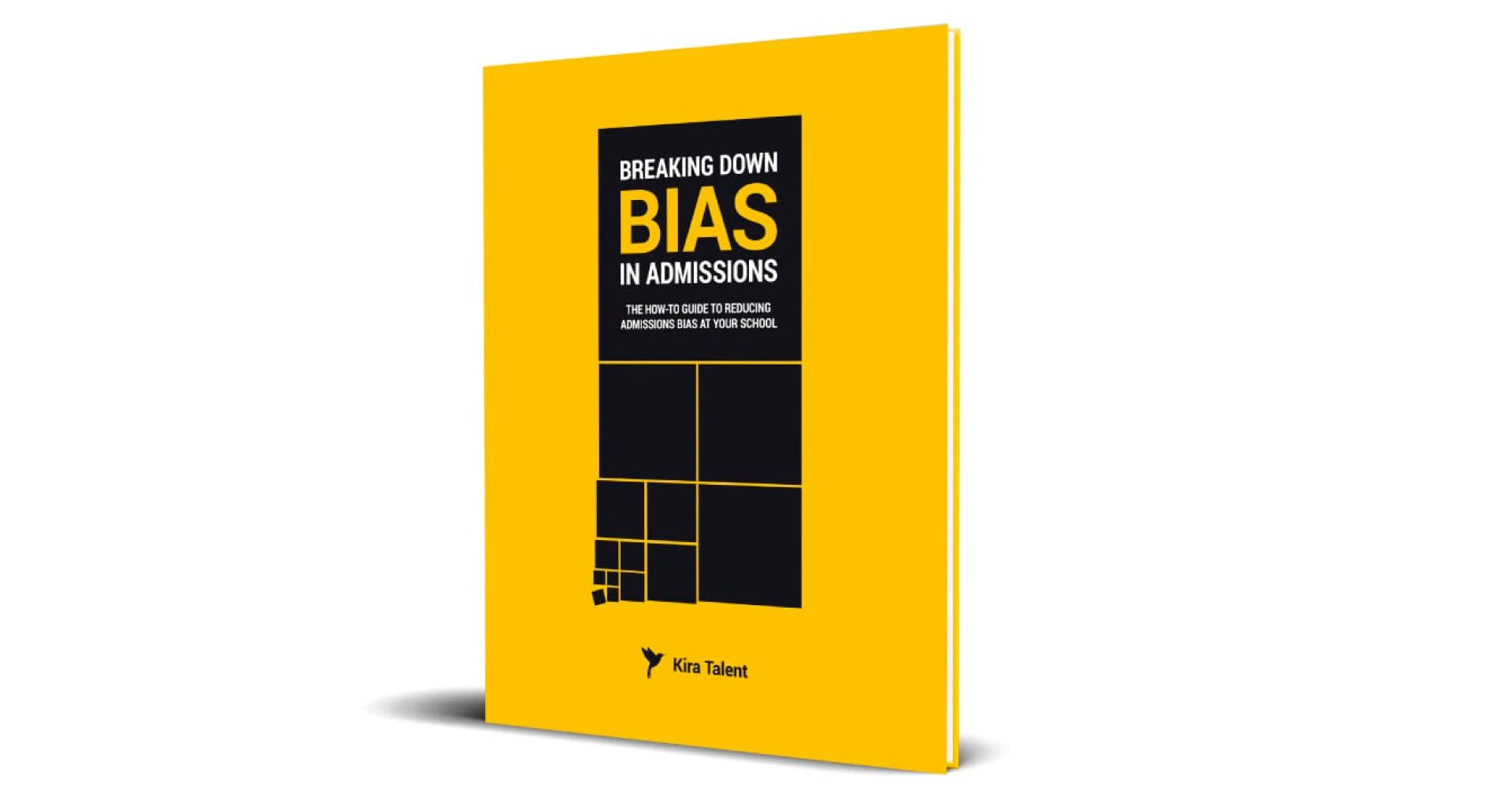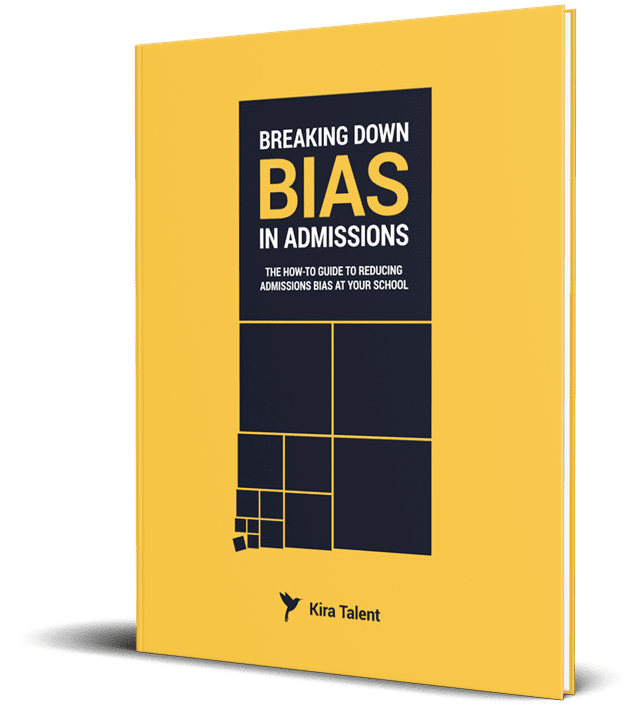Prospective Harvard students in the San Diego area received an email from an alumnus earlier this month about their upcoming alumni admissions interview. Seeing an email from a top school was thrilling until excitement turned into concern as applicants (and their parents) realized the email was more personal than they anticipated.
The Chronicle reports that the mass alumni email also included an attachment which revealed each recipient’s name, telephone number, email address, high school, and academic concentration.
Later that day, a second email clarified that the attachment was not supposed to be included. It was an honest mistake that the alumni group apologized for, however, the breach of privacy was unsettling for some applicants.
The mishap has understandably raised questions regarding the risks of involving alumni, or anyone external, in the admissions process.
See: “When Alumni Interviewers Screw Up, Things Get Weird”
Risk 1: Uncertain applicant experience
Although interactions with alumni are outside of the school’s control, they still reflect upon the school’s image. If any of the San Diego applicants found the experience unpleasant, all the university can do is ask for forgiveness.
This isn't simply a Harvard problem. This is the real risk that any admissions team takes when they invite their school’s alumni network to meet with applicants. While alumni interviewers can be extremely kind, welcoming, and thorough, they just as easily can be rude, inappropriate, or unprofessional, causing a terrible experience for the applicant.
“Most college counselors have stories about middle-aged men who invited female applicants to their homes or offices, who made inappropriate comments about their clothing, and even some who asked them out on dates,” writes Eric Hoover in The Chronicle.
Risk 2: Inconsistent admissions assessment
When schools attempt to scale their admissions teams with free-reign alumni, they lose control over the applicant experience. Aside from the accidental attachment, the Harvard alumni email also included an “optional” three-page questionnaire asking for even more personal details like grades, test scores, interests, and hobbies.
The optional questionnaire was not mandated by the school in any way. In fact, two former admissions officers told The Chronicle that the university asks interviewers not to ask students for grades and test scores. By opting out of this request, the alumni are introducing more barriers to admission for these applicants than the university intended.
Even without a questionnaire add-on, schools struggle to control for consistency in interview evaluation. Without a recording or transcript of the interview, there is no evidence to ensure applicants are being asked similar questions and given equal opportunities.
Risk 3: Unmeasurable admissions evaluation
The third concern is the validity of the feedback an interviewer shares.
Each alumni reviewer brings in his or her own personal experiences and biases, which can highly influence how a student is evaluated. When you consider Student A, who received raving reviews from her interviewer, and Student B, who did poorly on an evaluation from a different alumnus, there are too many unknown variables to understand how one student performed over the other.
See: "Nine Forms of Bias in Admissions"
How schools can improve their alumni evaluations
Standardizing your school’s alumni interview process can help ensure your applicants (and your alumni) have a great experience.
Structured interviews have been found to be doubly as predictive as unstructured interviews due to the ability to mitigate personal biases or conversational asides. By creating a structured interview template with a consistent set of questions and evaluation rubrics for your alumni, and offering reviewer training sessions or documents, you can set up your external reviewers for success.
See: "Structured Vs. Unstructured Interviews in Admissions"
Technology can help regulate this process even further. Some schools have introduced alumni reviewing through Kira to improve consistency. Using Kira, questions and rubrics are set by the school and alumni are invited to review applicants’ responses in the platform.
Still want to have that alumni-student connection? Once the student has been fairly assessed and admitted, the school can then assign an alumni volunteer to hop on a call with them if they have any questions.
Do you have any recommendations for how to improve the alumni interview process? We’d love to hear them in the comments.



